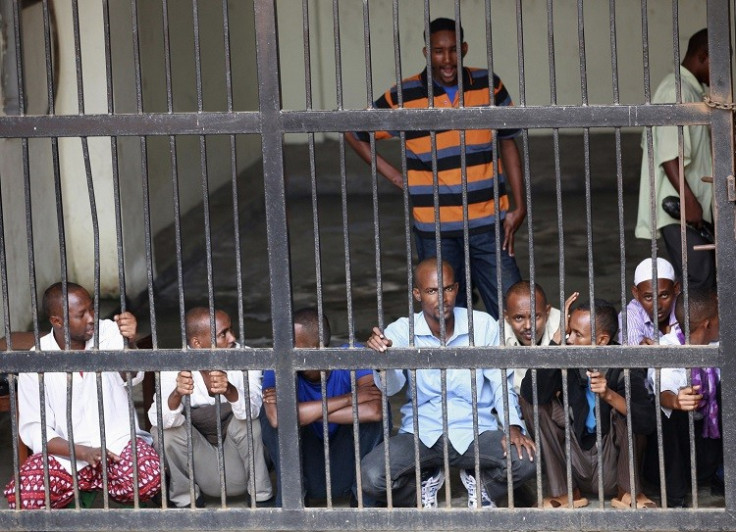Pirates Ride Wave of Oil Wealth in West Africa

West Africa is experiencing an increase of piracy attracted by its burgeoning oil and gas fields while policies aiming to prevent its spread seem to be failing.
"The most troubling aspect of these crimes is not the increase in the number of attacks and the spread of activity initially centred in Nigerian waters, but how piracy is expanding throughout the region," according to James Jay Carafano, an expert in security affairs.
In October the International Chamber of Commerce's International Maritime Bureau (IMB) revealed that piracy on the world's seas was at its lowest third-quarter level since 2006, yet warned of the threat of continuing violent attacks off the East and West coasts of Africa.
Hijackings off Somalia, for example, fell by half in 2012 compared with 2011 with only 14 ships successfully boarded. However, IMB reported a sharp rise in activity in West Africa in 2012 with 58 incidents off the Gulf of Guinea. This includes 10 hijackings and 207 crew members taken hostage with 27 incidents in Nigerian waters and 15 in Togo.
"The Gulf and the surrounding coastal waters and wetlands include extensive oil and gas reserves, where petroleum extraction, transport and related activities are a lucrative target for personnel hijacking, disrupting activities, siphoning oil or stealing cargo," noted to Carafano. He was providing opinion to World Review, a geopolitical analysis provider.
"Furthermore, tanker traffic and pipelines are particularly dense in the area around Nigeria because the country is a major oil producer but lacks the capacity to refine petroleum products. So in addition to its extensive exports it imports refined-petroleum products - all representing opportunities for piracy," he added.
The Economic Community of West African States and the Gulf Commission drafted an anti-piracy code of conduct that was signed by 22 countries in June 2013 in an effort to convene interstate cooperation.
Carafano was sceptical: "While laudable efforts, these initiatives cannot address the core challenges within the states, particularly Nigeria, where governance, political, economic and security issues have created space for organised criminal activity to prosper.
"However, despite these challenges, the patchwork of security should be sufficient to allow growth to outpace the troubles created by expanding web of illicit activities."
© Copyright IBTimes 2025. All rights reserved.





















